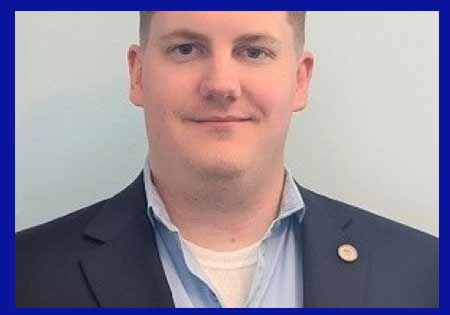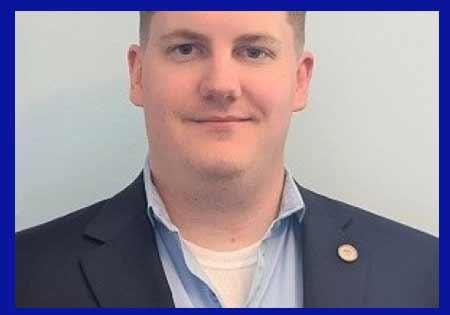Dear Captain Parani,
My path to becoming a peer leader at Maine Maritime Academy began in the Summer of 2014 as a new cadet at the U.S. Merchant Marine Academy in Kings Point, New York. I spent three years there before transferring to Maine Maritime Academy.
At Kings Point, I had the distinction of being a Plebe twice, though not by design. As you may know, "Plebe Year" is a nine-month period for new midshipmen to learn how to work as a team and attain the common goal of being "recognized" as midshipmen within the Regiment. During those two years, I learned how to follow, the importance of integrity, and how to recognize examples of good, and bad, leadership from upperclassmen in the regiment. In my third and final year at USMMA, I was a midshipman Team Leader as well as assistant to the 2nd Company Training Officer and Human Resources Officer. As a Team Leader, I mentored two pairs of freshmen, which meant making sure their uniforms and their rooms were squared away. As assistant to the Training Officer, I helped train the freshmen during their Plebe Year which consisted mostly of uniform inspections and correcting their mistakes. As assistant to the Human Resources Officer, I took part in conflict resolution between midshipmen within 2nd Company.

I am now a junior at Maine Maritime Academy. In my past three years here I have had the privilege of serving as the Bravo Company Master at Arms as well as Skipper of the local Sea Scouts unit, a maritime branch of the Boy Scouts. As Bravo Company Master at Arms, I assist the Regimental Master at Arms in working to find ways to motivate the individuals and look to uncover and correct the reasons for their repeated mistakes. As Skipper of the local Sea Scouts, I guide them to establish and accomplish their own goals and help them grow as leaders in the community. Next week, I will take over the duties as Regimental Master at Arms and serve in that capacity until the end of my senior year. I look forward to the challenge of mentoring the Company MAAs as we collectively oversee the behavior of over 500 regimental students.
I have gained much through Golden Stripes as reading and re-reading it has strengthened my leadership skills. Learning about extraordinary historical leaders such as Sir Ernest Shackleton gives me great examples upon which to build. Analyzing failures in leadership, such as the captain who hesitated and froze when his vessel lost steering while heading towards the shore whose ship was only saved by the pilot who intervened carries great lessons in how to handle high pressure situations. In my own experience over the last six years, observing others and reflecting on my own actions in the context of the lessons you write about, frequently, I'll look back and ask myself, "could I have handled that situation differently?", "have I seen a similar situation and use that experience to handle this one?", or "how would my leaders had handled this situation back when I was their follower?"
Thank you for authoring this excellent leadership resource for professional mariners. I know I will keep it close by throughout my career.
Very Respectfully,
Andrew Barnes
Maine Maritime Academy


